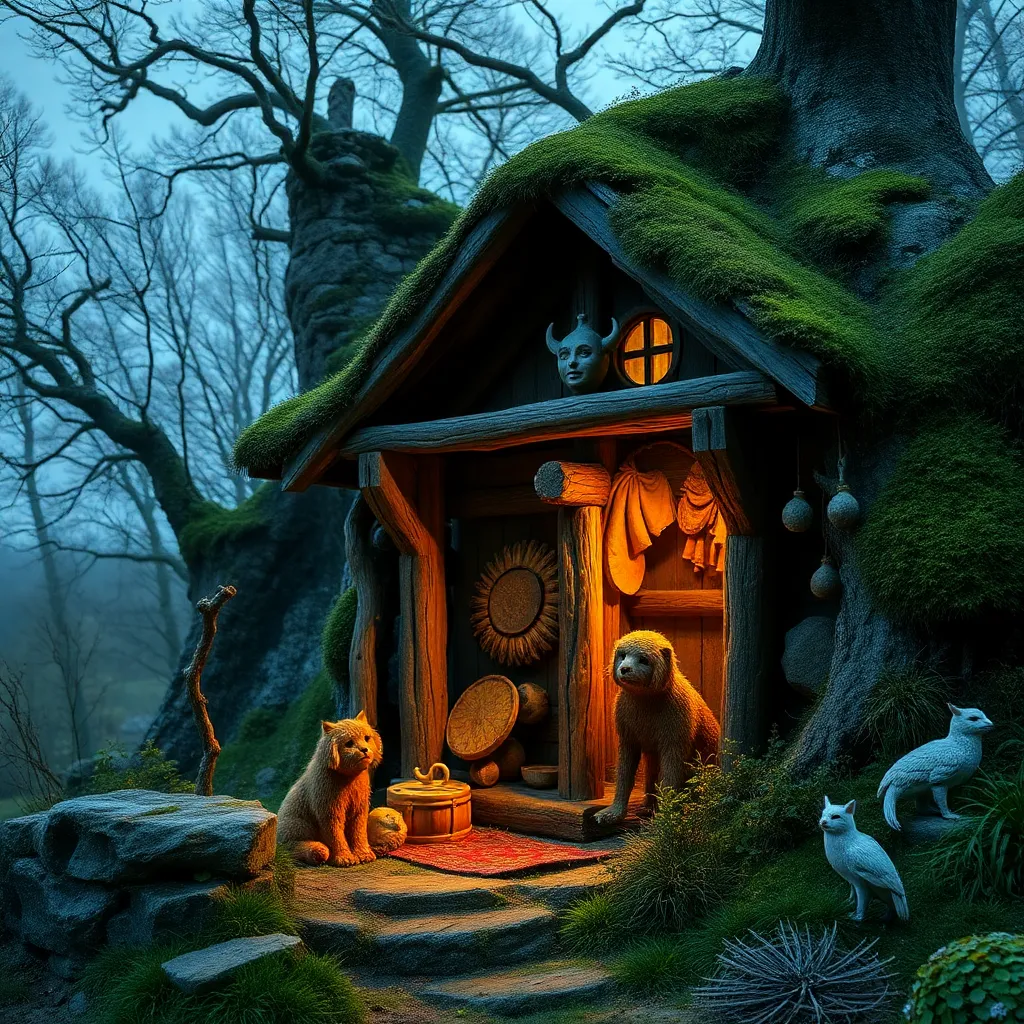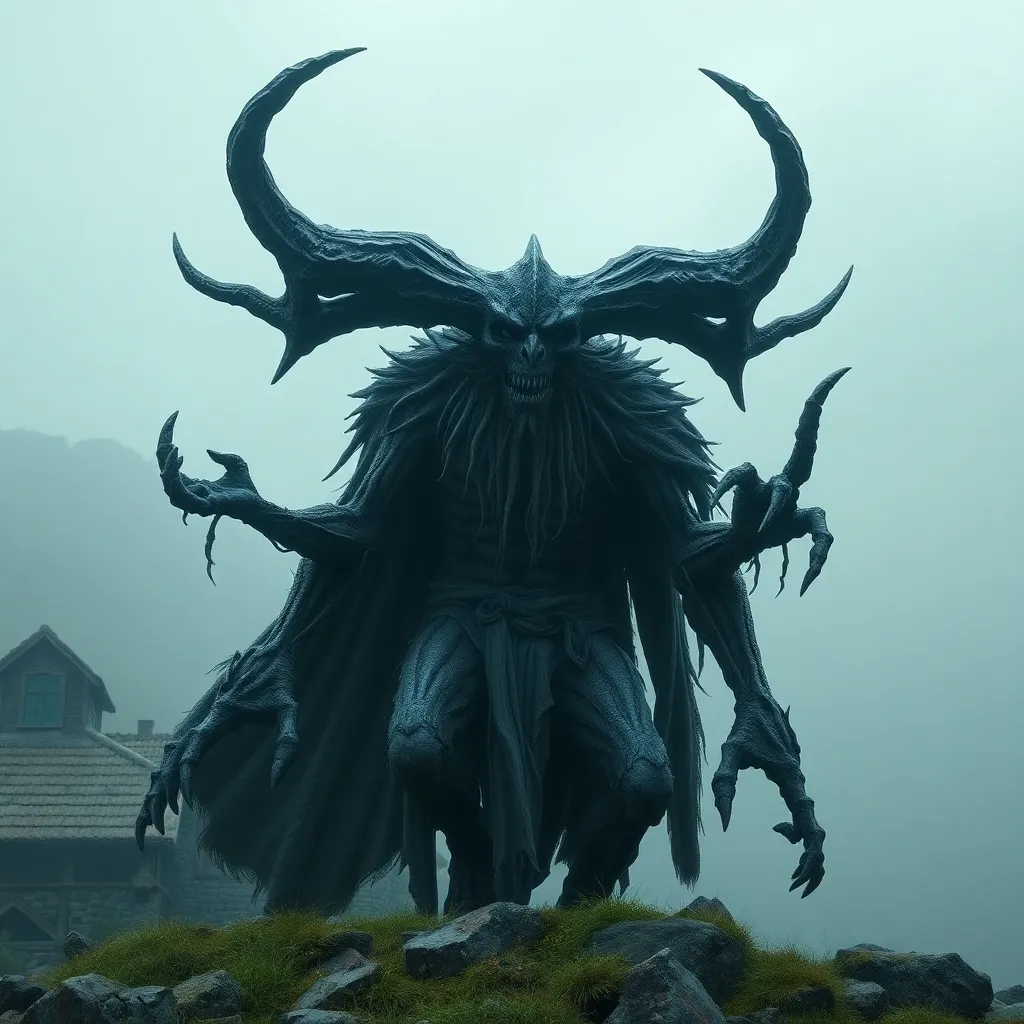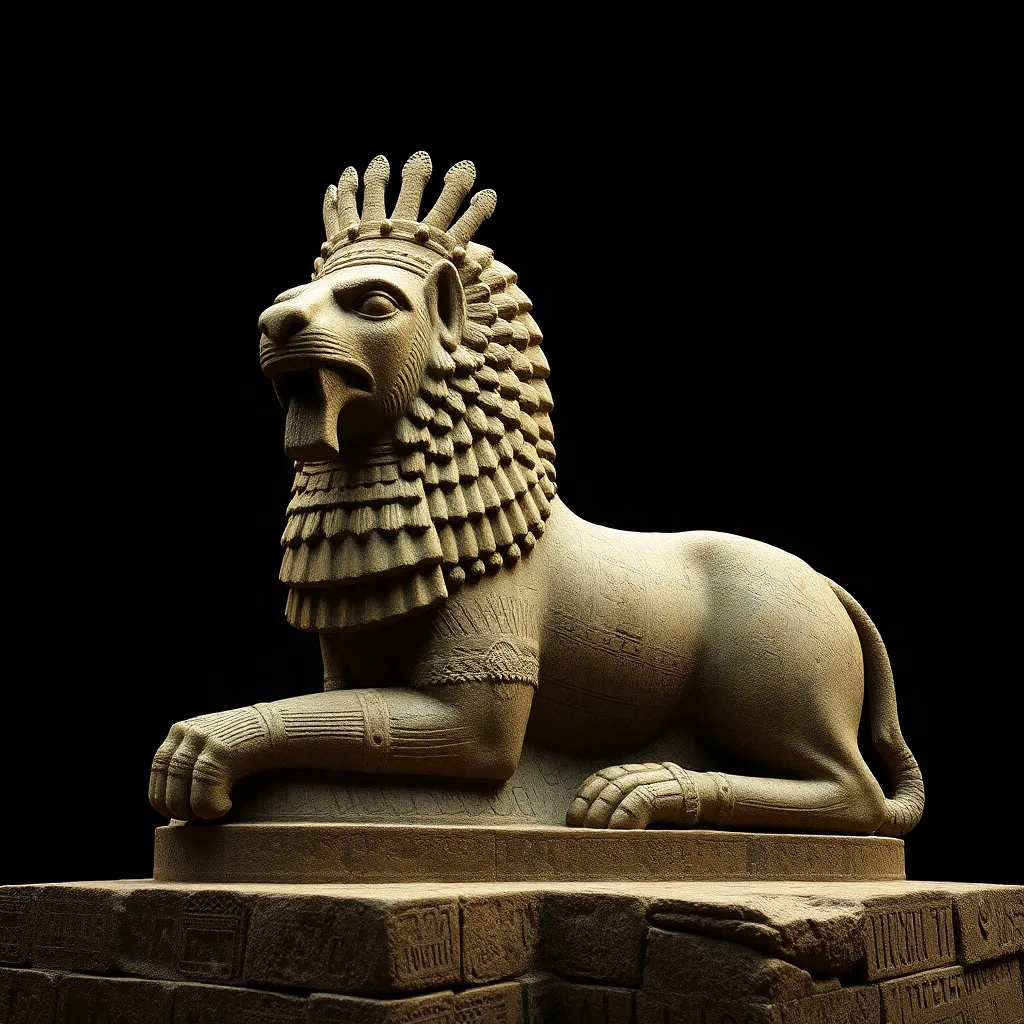Guardians of the Underworld: Examining the Chinese God Yama and his Role in the Afterlife
Introduction to Yama: The Chinese God of the Underworld
Yama, known as the Chinese God of the Underworld, plays a crucial role in Chinese mythology and the belief systems surrounding the afterlife. As the ruler of the netherworld, Yama is responsible for guiding souls to their final resting places and ensuring they receive the judgment they deserve based on their earthly deeds.
The concept of Yama is not unique to Chinese culture; he shares his origins with similar figures in other traditions, most notably in Hinduism and Buddhism. In Hinduism, Yama is also a god of death, known for his role as the protector of the righteous and the punisher of the wicked. In Buddhism, Yama is often represented similarly, embodying the moral consequences of one’s actions. This interconnectedness highlights the universal themes of morality and justice found across cultures.
Historical Origins of Yama in Chinese Beliefs
The origins of Yama can be traced back to ancient Chinese texts, where he is first mentioned in the “Shan Hai Jing” (Classic of Mountains and Seas) and later in the “Taoist Canon.” Initially, Yama was portrayed as a mere spirit of the dead, but over time, his character evolved into the more complex figure we recognize today.
Throughout various dynasties, Yama’s portrayal changed significantly:
- Han Dynasty: Yama was depicted as a stern judge, overseeing the fates of souls.
- Tang Dynasty: His character became more relatable, emphasizing compassion and understanding.
- Song Dynasty: Yama was often shown in art, reflecting societal views on morality and justice.
Yama’s Role in the Afterlife: The Journey of Souls
Yama’s primary function is guiding souls through the afterlife, a journey that is fraught with challenges and opportunities for reflection. Upon death, souls are believed to travel to the underworld, where Yama awaits to assess their lives.
The process of judgment is central to Yama’s role. It involves:
- Assessment of Deeds: Souls are judged based on their actions during their lifetime.
- Determining Fate: Depending on their deeds, souls may ascend to heaven, reincarnate, or face punishment.
The Underworld: The Ten Courts of Hell
The structure of the underworld, governed by Yama, is often depicted as consisting of the Ten Courts of Hell. Each court is presided over by a judge who evaluates the souls brought before them. The courts act as a system of justice, ensuring that every soul receives their due based on their life’s actions.
An overview of the Ten Courts includes:
- First Court: Judges the souls of those who committed minor sins.
- Second Court: Deals with those who neglected familial duties.
- Third Court: Punishes those guilty of theft and dishonesty.
- Fourth Court: Addresses violent offenders.
- Fifth Court: Evaluates the deeds of the wicked.
- Sixth Court: Focuses on those who took their own lives.
- Seventh Court: Concerned with betrayers and traitors.
- Eighth Court: Judges those who harmed others through negligence.
- Ninth Court: Deals with souls guilty of heinous crimes.
- Tenth Court: Offers a final judgment and determines the soul’s ultimate fate.
Yama’s Iconography and Symbolism
Yama is often depicted in various forms of art and literature, reflecting both his authority and compassion. Common iconographic elements include:
- Attire: Yama is usually seen wearing traditional robes, symbolizing his high status.
- Weapon: He carries a staff or a sword, representing his role as a judge and enforcer.
- Accompaniments: Often depicted with ghostly figures or animals that guide the souls.
Symbolically, Yama embodies justice, morality, and the consequences of one’s actions, serving as a reminder of the importance of living a virtuous life.
Rituals and Practices Involving Yama
Traditional rituals aimed at honoring Yama are deeply embedded in Chinese culture, particularly during the Qingming Festival and the Ghost Festival. These practices reflect the belief in ancestral worship and the importance of remembering the dead.
Some significant rituals include:
- Offerings: Food, incense, and paper money are offered to appease Yama and ensure a smooth journey for the departed.
- Prayers: Families often recite prayers asking for protection and guidance for their ancestors in the afterlife.
- Rituals of Remembrance: Lighting candles and burning incense to honor the deceased and invite their spirits to join family gatherings.
Cultural Impact of Yama in Modern Society
Yama’s influence continues to permeate contemporary Chinese culture, with his legacy evident in literature, film, and art. Modern depictions often blend traditional beliefs with contemporary themes, reflecting how Yama’s character evolves while still maintaining its core essence.
Some examples of Yama’s presence in popular culture include:
- Literature: Yama appears in various Chinese novels and stories, representing moral lessons.
- Media: Films and TV shows often portray Yama as a figure of authority in the afterlife.
- Festivals: Yama is honored in festivals, where rituals are performed to seek his favor.
Conclusion: Yama as a Guardian of Morality and Justice
Yama’s enduring legacy in Chinese culture serves as a powerful reminder of the interconnectedness of life and death, morality, and justice. His role as the guardian of the underworld emphasizes the consequences of one’s actions, guiding both the living and the dead toward a path of righteousness.
In today’s world, Yama’s teachings remain relevant as they encourage individuals to reflect on their deeds and the impact they have on others. As society continues to evolve, the moral lessons embodied by Yama will undoubtedly continue to resonate, reminding us of the importance of living a life of integrity and compassion.




